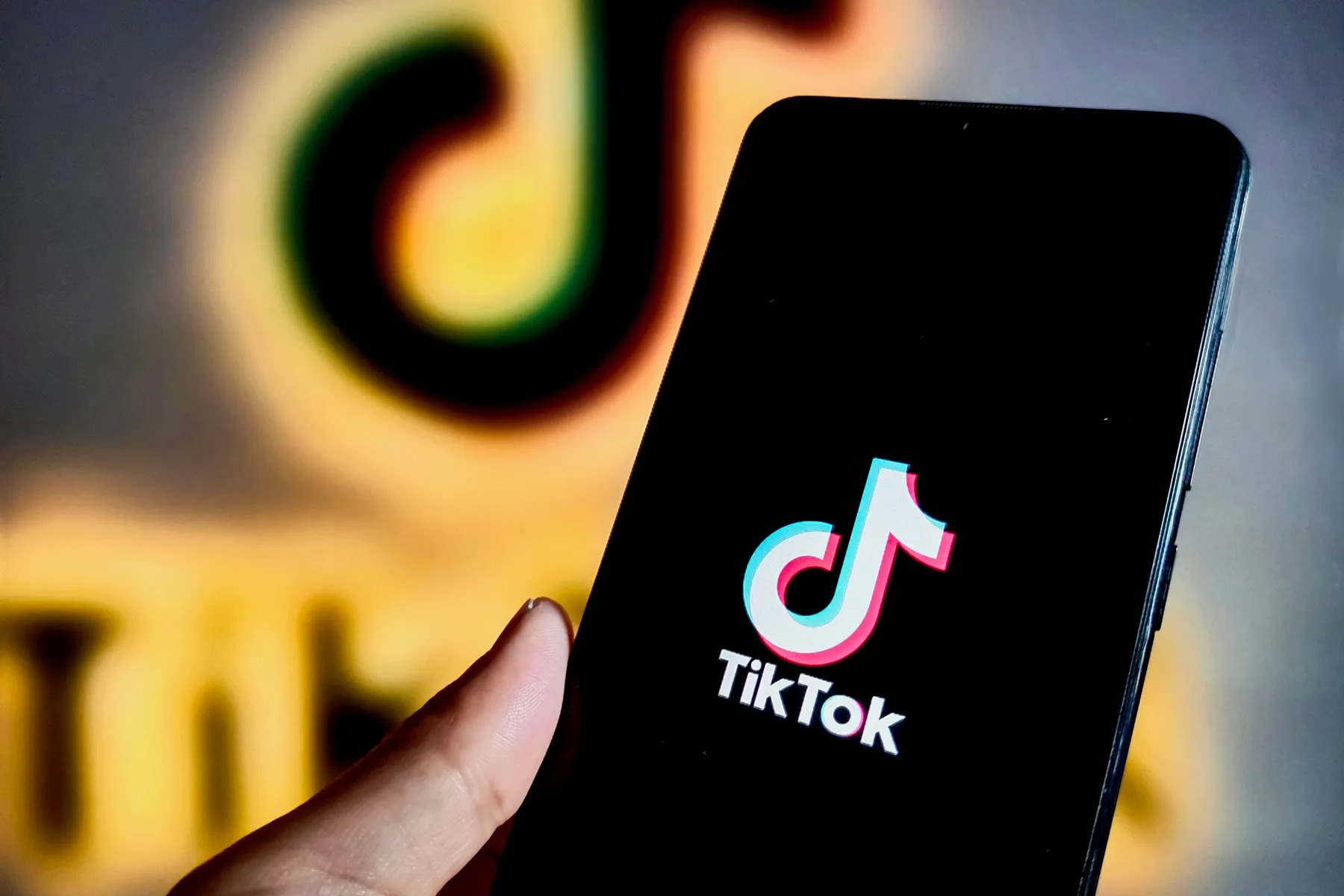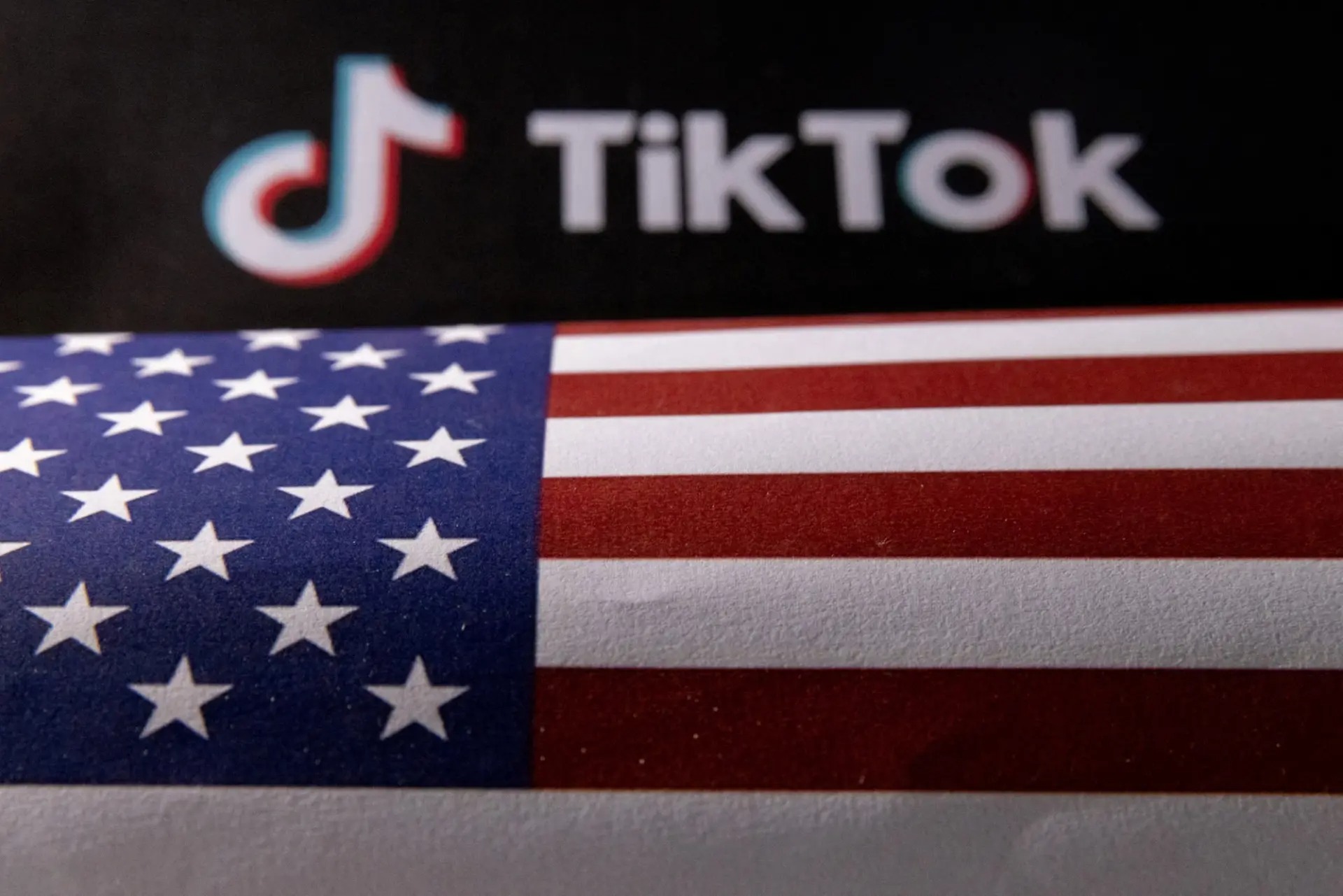The bill’s passage targeting TikTok in the House of Representatives has set the stage for a legal showdown, with the resolution likely to be determined in the courts.
This legislation, which garnered overwhelming support in the House, marks the first instance of a congressional chamber voting for the forced divestiture of a social media platform.
The bill’s opponents argue that it could infringe upon American users’ First Amendment rights by depriving them of a platform for free expression. Concerns have also been raised about the potential for governmental overreach by targeting a specific company based on ideological differences.

TikTok logo (Credits: Rolling Stone)
However, supporters of the bill contend that a forced sale is necessary to address national security risks associated with TikTok’s ownership by a China-based tech giant.
They argue that safeguarding against data harvesting and propaganda outweighs concerns about free speech, particularly given the platform’s vast user base.
The legislation would require ByteDance, TikTok’s parent company, to sell its U.S. operations within 180 days to an entity outside of China. Failure to comply would result in tech companies like Apple and Google facing significant fines or being compelled to cease hosting TikTok on their platforms.
While President Biden has expressed willingness to sign the bill if it passes Congress, its fate in the Senate remains uncertain. Some senators have advocated for caution and further deliberation, highlighting the need to consider the implications of such legislation carefully.

US Takes Steps to Ban TikTok (Credits: Semafor)
Amid the legislative and legal debates, potential buyers are already interested in acquiring TikTok. Former Treasury Secretary Steven Mnuchin has indicated his intention to assemble a consortium for this purpose, emphasizing the platform’s value and the need for its sale.
Criticism and legal challenges persist despite the bill’s passage in the House. Civil liberties groups, both on the left and right, have decried the legislation as unconstitutional censorship.
Concerns about the bill’s compliance with constitutional principles and its potential impact on international relations have been raised.
As the debate surrounding TikTok’s future continues, the outcome of this legislative and legal battle will have far-reaching implications for the intersection of national security, free speech, and technology regulation in the United States.
























